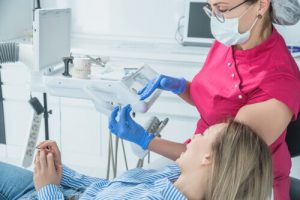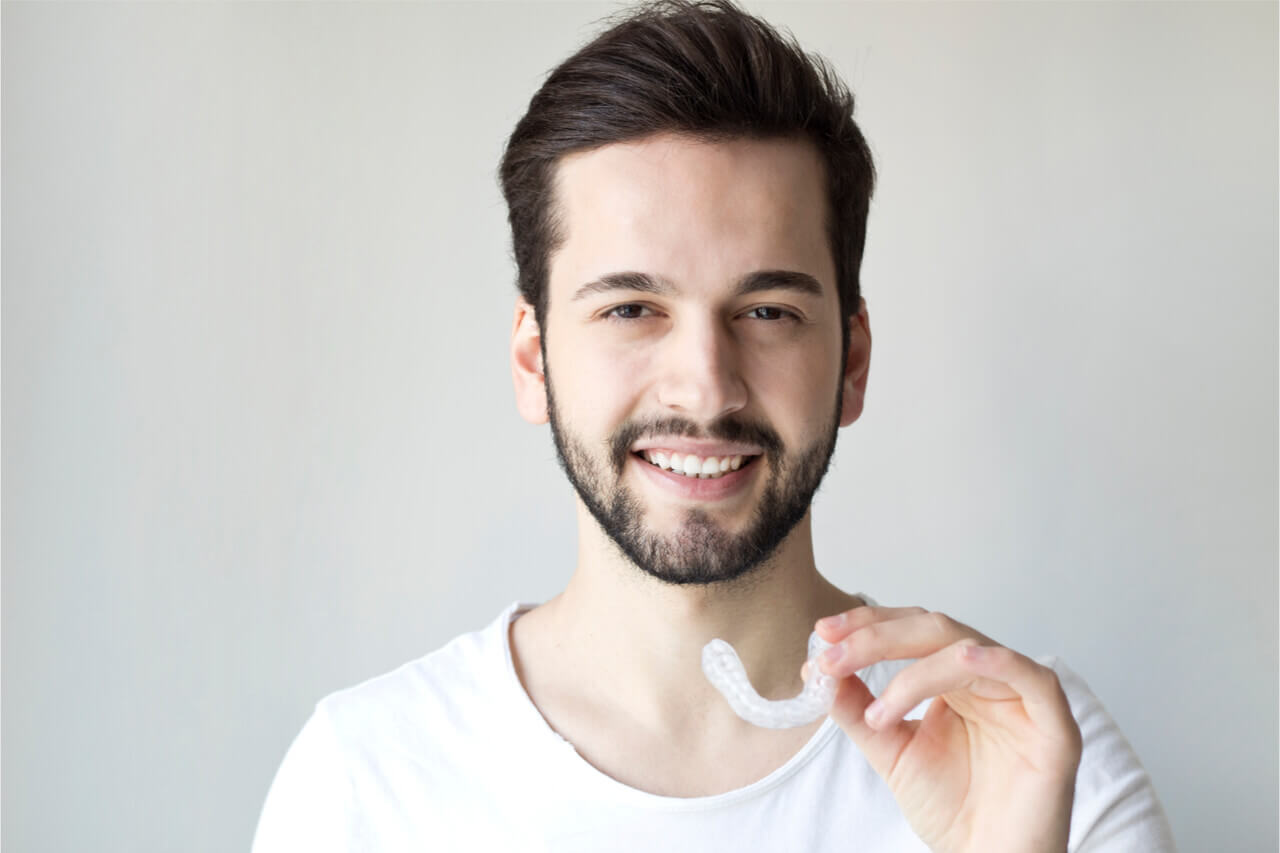Signs of dental problems can happen in many forms of symptoms. Have you experienced a severe toothache or wanting to clench your mouth after waking up? If yes, then you might be experiencing a type of dental concern. Teeth grinding or bruxism is evident for anyone of any age. However, most toddlers and children can experience these issues. Nevertheless, bruxism can have treatments like dental night splints. When a person experiences bruxism, there can be many factors that surround it. You can try to visit this clinic www.sandstonepointdental.com.au/ page to find more about the importance of oral hygiene.
Why Do People Experience Bruxism?
Bruxism influenced many treatments that both medical and dental doctors were able to concur. Bruxism was just seen as a psychological problem back then due to its relation to nightmares, stress, and waking up. However, as time goes by, scientific proof that bruxism or teeth grinding has a deeper dental and medical health concern. According to research, the causes of bruxism are cavities, misalignment of the jaw, fatigue, and sleeping disorders. Babies that are still growing their teeth may also do teeth grinding in the early days of their development. Also, there are many lifestyle and habits, such as alcohol consumption and smoking cigarettes that can affect bruxism as well.
What Are Occlusal Night Splints?
One of the many wonders of dental technology is continuous advancements with dental equipment and tools. Patients may also find themselves in the advantage of technology through the use of occlusal night splints. These splints can help people with teeth grinding problems since it separates the mouth and the jaw. They are useful to prevent migraines, clenching teeth, and broken or cracked teeth. When the jaw muscles are relaxed, there is no obstruction in breathing too. Most dental or occlusal night splints are not just for teeth grinding issues. People can also benefit from this dental appliance if they are experiencing sleep apnea or TMJD. If there is any misalignment of the teeth, it definitely must have splints to separate the teeth properly.
4 Reasons Why You Need Splints For Teeth Grinding
Using a mouth guard or splints for dental problems can relieve pain from the grinding issues. If you’re hoping to get a better treatment for your bruxism, you should get a dentist’s advice on this operation. You will have to go through a consultation to check if you are a patient fit for the treatment. Why should you get splints as soon as possible? Preventing gum swelling and bleeding is possible using occlusal appliances. What are the other four reasons to use splints for teeth grinding?
Many Splint Types Can Function Differently
 There are types of dental splints that patients can choose. Generally, these splints are invisible, meaning you can wear them outside comfortably. Mouthguards or bite plates are custom-made for patients with different jaw or teeth problems. Additionally, they are adjustable, so your dentist may require you to come back for maintenance.
There are types of dental splints that patients can choose. Generally, these splints are invisible, meaning you can wear them outside comfortably. Mouthguards or bite plates are custom-made for patients with different jaw or teeth problems. Additionally, they are adjustable, so your dentist may require you to come back for maintenance.
Protects Teeth And Jaw
The primary purpose of using a dental splint is to protect the teeth from grinding against the mouth. A patient that doesn’t use splints to separate his or her mouth can have gum and teeth problems in the morning. A balanced reinforcement can also assist with eating and speaking as it decreases the pain of the jaw moving.
Best To Wear At Night
Are you familiar with prosthetic dental appliances? If not, braces, veneers, mouth guards, and retainers are some examples of them. A person can see the benefits of wearing them even at night since it is sturdy and helps the process of restoring great teeth. Orthodontic appliances support the teeth, gums, and jaw when it comes to malocclusions, accidents, and even misalignment. On the other hand, most people may say that these items are also not comfortable. Primarily, most jaw alignment correcting dental tools may take time to get used to wearing.
Prevents Sleeping Disorders
Lastly, people say that there’s a correlation between sleep apnea and bruxism. While the two may not have directly caused the other, most symptoms say otherwise. The two dental health issues are so intertwined that one may conclude its relationship with each other.
